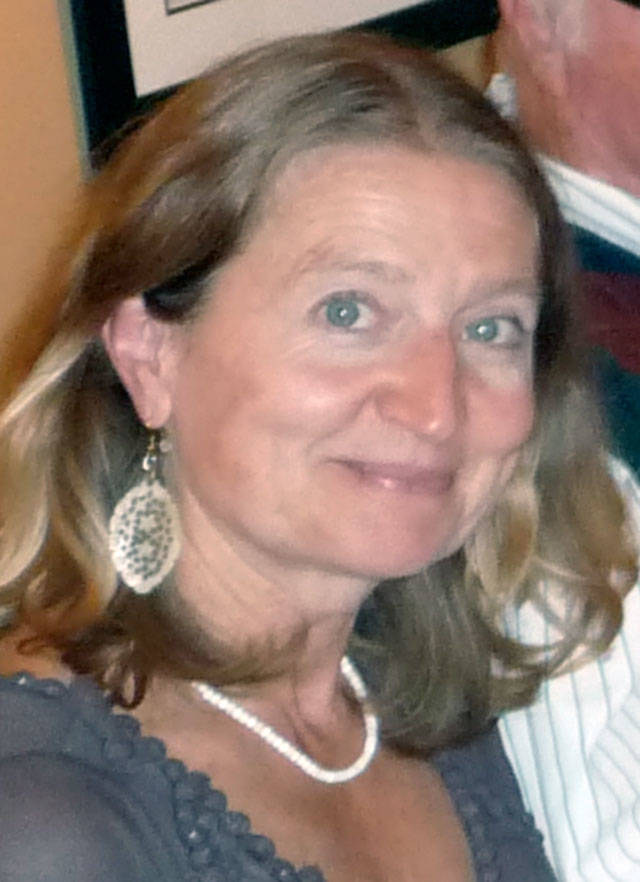By JOSETTE HENDRIX
I’m a refugee, having fled with my father and mother at the age of 9, from Soviet occupied Bulgaria. I can tell you from experience, it is not a pleasant thing to leave your familiar and “normal habits” and adapt to a different culture. It changes you, and sometimes, in ways not for the better.
On his death bed, my father said to me, “Maybe we made a mistake leaving Bulgaria.” He said this because, after 40 years of struggle and labor in American plastics factories, he achieved the American dream: a house, two cars, money in the bank. But, he was dying, none of these things mattered anymore. Perhaps he remembered the more soulful ways of village life, the more lasting treasure of heartfelt connections to people and places, the true pleasures no amount of money can buy.
No mistake — I said to him without hesitation — you were right. I’m very clear about the American dream. It is liberty and freedom, it is the land of opportunity, it is equality and justice for all.
Though I was a child when we came to the US, I recognized the opportunities to evolve, in ways I couldn’t have, had I remained in the old country — in the old ways. I am better for it, I assured my father, despite all our losses. And, I believe any community I join, will be better for my contribution, because I can remind them this opportunity continues to exist, despite the disease of fear which has overtaken this nation.
What is this disease? The symptoms are so many and varied it is difficult to diagnose, but it has something to do with identity. Our entire nation is being rocked on this point: Who are we, as a nation? What does America stand for? And who am I?
On the surface culture gives us an identity; our language, clothes, food, music, dance; our habitual ways of life. But these are the most changeable aspects; continuously engaged in hybridization, cross-pollination, fusion. The root of culture has to do with values and the principles according to which we live; that’s how we define identity.
Is “other” the infection, which must be kept out at all costs?
Islamic refugees reflect something significant back: the loss of connection to fundamental human values. Has our culture allowed materialism to reach cancer like proportions, to become more important than pursuit of those things which make a healthy and fulfilling life possible?
Who are you? Are you American first? Or are you a human being first?
Finding the point of sanity in this conversation now requires a different kind of listening, listening that can develop contact with someone completely different than ourselves, someone who speaks a completely different language, and sees a prospective we have no idea of, or have perhaps forgotten.
I straddle these contrasting world views in ways you, who have lived here always, cannot. This is the message of the refugee: I value every small scrap of life because I’ve lost everything except these bare bones. I understand the precarious preciousness of it all.
We are not better than you, the native plant. We are a little wilder, with different adaptations, perhaps a little more resilient. This is a good thing for the health of the culture, because the cure for any disease, especially this one, is not to retract and put up a wall. It is in fact to allow the inoculation of a mirroring back of the true values the American dream espouses, and which some of the diverse cultures peoples bring with them.
Editor’s note: Josette Hendrix is the executive director of the Northwest Language and Cultural Center in Langley.



